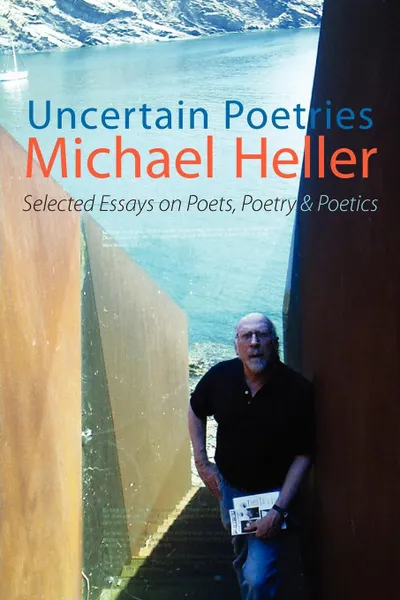Uncertain Poetries. Selected Essays on Poets, Poetry and Poetics 14+
Автор: Michael Heller
2012
258 страниц
Категория: Литература на иностранных языках
ISBN: 9781848612181
Язык: Английский
📒 This book is concerned with the complex and uncertain nature of twentieth century poetry and poetics. Dealing with such major figures as Lorca, Rilke, Pound, Stevens, Moore, Niedecker, Duncan and Oppen and of more contemporary poets and poetry in the modernist and post-modernist lineage of Pound and Williams, the essays explore the work of these poets to see how it embodies our contemporary skepticism concerning language, representation and reality, showing that even as the poems depict or create values, they appear to be haunted by the possibility of inadequacy. Thus one of the book's major themes concerns how contemporary poets embody uncertainties, yet manage, in virtually the same breath, in the same line or stanza, to articulate both affirmation and doubt. Questions of form and meaning are discussed in the essays covering individual poets and their poems as well as in those which deal with contemporary avant garde movements, Jewish and post-Holocaust poetry, poetics and considerations of the act of writing itself. As well, these essays try to say something about the literary environment of contemporary poetry. Poetry today is, for the most part, inflected by the American experimentalism of Walt Whitman, the "make it new" of innovators such as Pound and Williams and by infusions of European dada and surrealism into the poetic psyche. More recently, in avant-garde poetic movements, as in contemporary criticism, structuralist and post-structuralist thought have ...
Мнения
